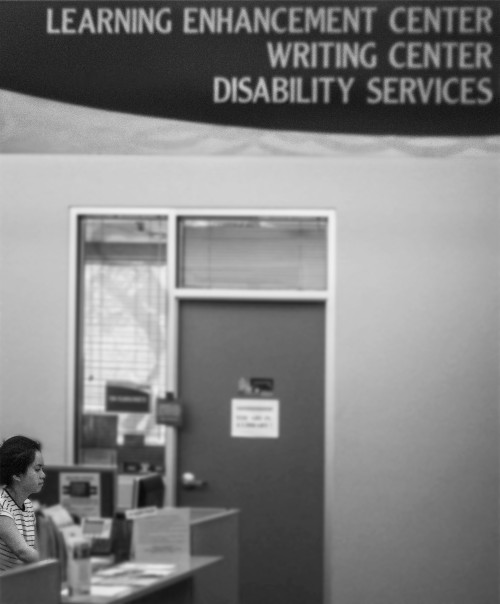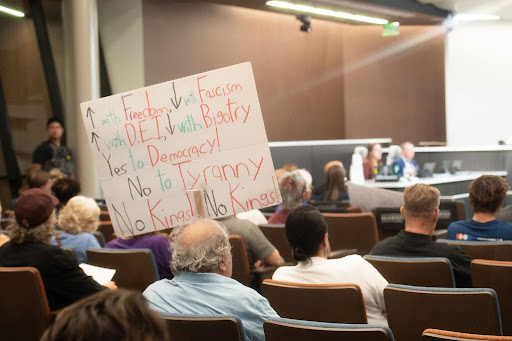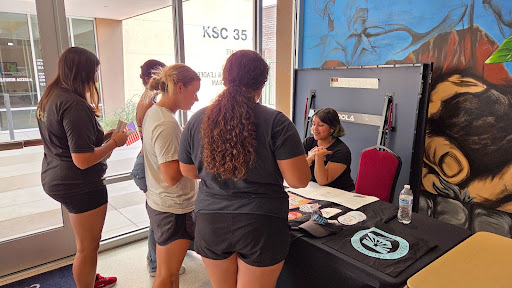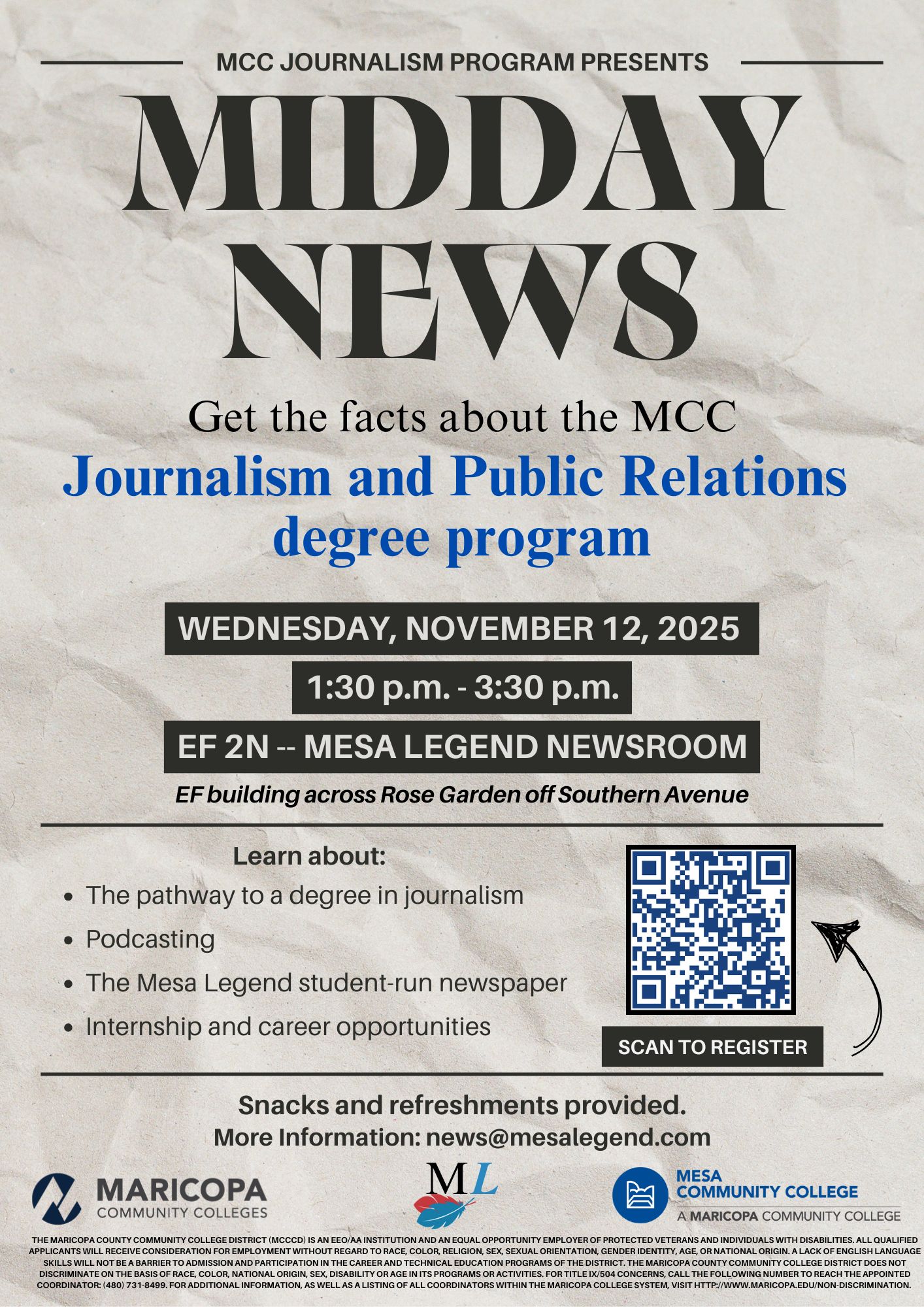Wage debate continues between residential, adjunct faculty
Adella Helton
Mesa Legend
The first ever National Adjunct Walk-Out took place on Feb. 25. For the Dobson campus, it was more like an ordinary day. While some instructors held teach-ins, the majority of the population went about their business. Yet a debate over the wage disproportion between residential and adjunct faculty remains at the foreground of water cooler discussion in colleges and universities across the country. This issue includes both the use of part-time faculty, as well as the gap between compensation for each group. While desired qualifications may include a doctorate, minimum requirements are identical. Both adjunct and resident positions require a master’s degree in the teaching field; graduate semester hours are a plus. According to Garrett Smith, senior human resources manager at MCC, these district wide requirements follow guidelines set by the Higher Learning Commission. The similarities seem to end there. Manager of staffing, Ali Koenig, states that the starting pay for an entry-level resident faculty position is $44,000 a year. In stark contrast, the current pay rate for part-time employees is less than $900 per load hour. For a three-credit course, an adjunct can expect to receive less than $3,000. Many adjunct faculty members have resorted to joining unions as a means of combating the the current wage gap and the lack of benefits, but have been unable to find a solution to the issue.

TANIA RITKO / Mesa Legend
Additionally, adjuncts are subject to a district-wide cap of nine credit hours per semester. They do not receive health benefits or paid leave, are not part of staff meetings, and do not have offices. Like resident faculty, they spend their non-teaching time preparing for class, grading papers, and meeting with students. Yet unlike their higher paid associates, this time is not included in their compensation package. The result of a meager salary coupled with limitations on work hours puts these part timers just under the federal poverty line. Moreover, many adjuncts feel a sense of isolation as well as a lack of voice in the matter. Rachel Sims, adjunct faculty in the English department expressed a lack of interaction and adds that she only knows a couple of resident faculty informally. “Working in the writing center has helped. Otherwise, as an adjunct, you are pretty much on your own.” Sims noted the “unknown urgency” of the issue and feels that her experience as an adjunct for the last three years has had some effect on her desire to continue teaching. While she loves the campus and students, she said, “I never expected a high wage from teaching. I have always loved learning, and my desire is to inspire students to find something that is their own, to become a change agent. I still want to be a teacher, but I don’t know if I can afford to stay an adjunct. The question is, how long can you keep doing it?”
Currently, this statistic has turned on its head, with the number of part time faculty holding the majority of positions within both public and private academies. “Here at MCC,” English department chair Jeffery Andelora said, “the ratio is roughly 3-to-1. It’s very competitive. The last time we hired a resident English faculty member, we had 300 applicants from all over the country.” Despite heavy dependence on these individuals to instruct the very students whose tuition make such educational institutions a profit, administration, tenured faculty, and campus leadership have their hands tied due to budget constraints from higher-level bureaucracy. Tom Klare, resident faculty in the art department noted that his previous experience as an adjunct in California just wasn’t cost effective. “I gave myself a time limit and figured that if I didn’t land full-time work within that period, I needed to switch jobs,” Klare said. “In a perfect world, full-time employment is always better. With a big school, you have many layers of bureaucracy. Administration is put in a bad place because of lack of funding.”
The political trickle down leaves its mark on both professors and students alike. Though students are not particularly aware of how adjunct faculty are recompensed, the effects reach them as well. As Rebecca Irvine, adjunct faculty in the communications department explained, “I would like to be able to teach more. I don’t need the health insurance, just a living wage so I don’t have to work two jobs.” She went on to say that though the faculty at MCC were nice and helpful, she wished that legislation for educational funding would change because it would be a win-win for everyone involved. She, too, feels that her five years as an adjunct might be a dead end. “I was a research analyst for 20 years. I love to teach, but I wonder sometimes if maybe going back to being a researcher would be more cost effective for my family.” Conversely, the student population seems largely unaware the issue exists. Business student Joshua Zimberg admitted that he was unsure how many of his professors were adjunct. “I think the most important thing a teacher can do for a student is to care about their profession. I don’t think it matters whether they are adjunct or resident for the level of education,” Zimberg said. “But when teachers are treated with respect, they make better employees.”









